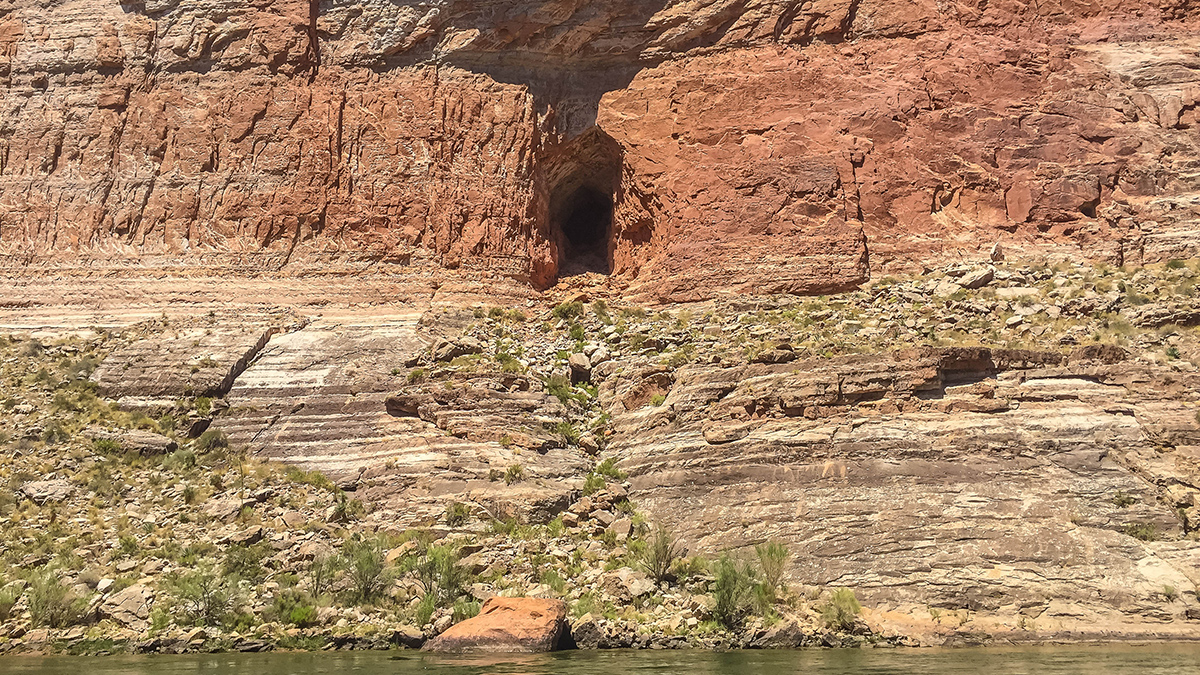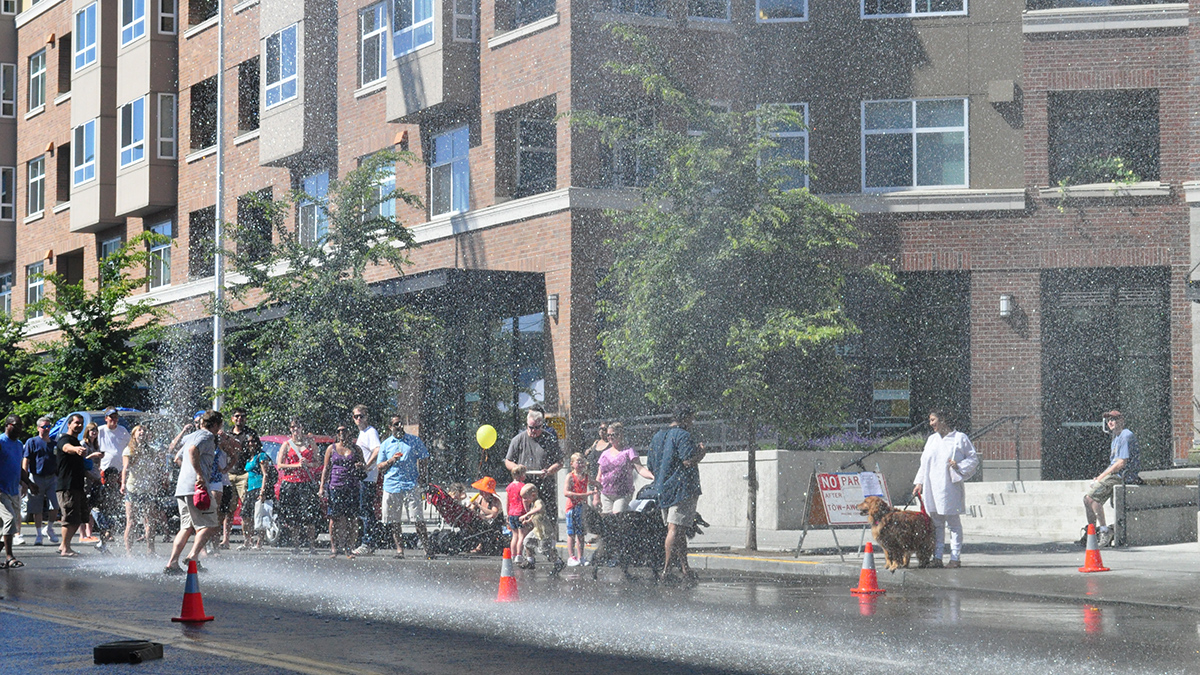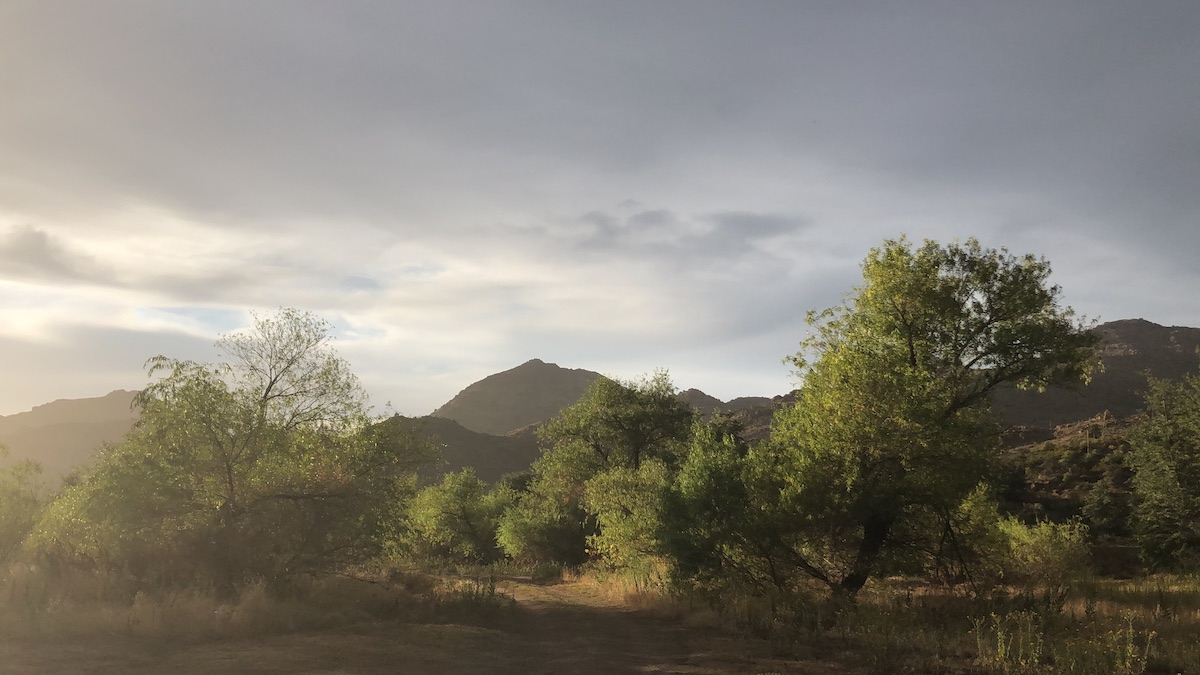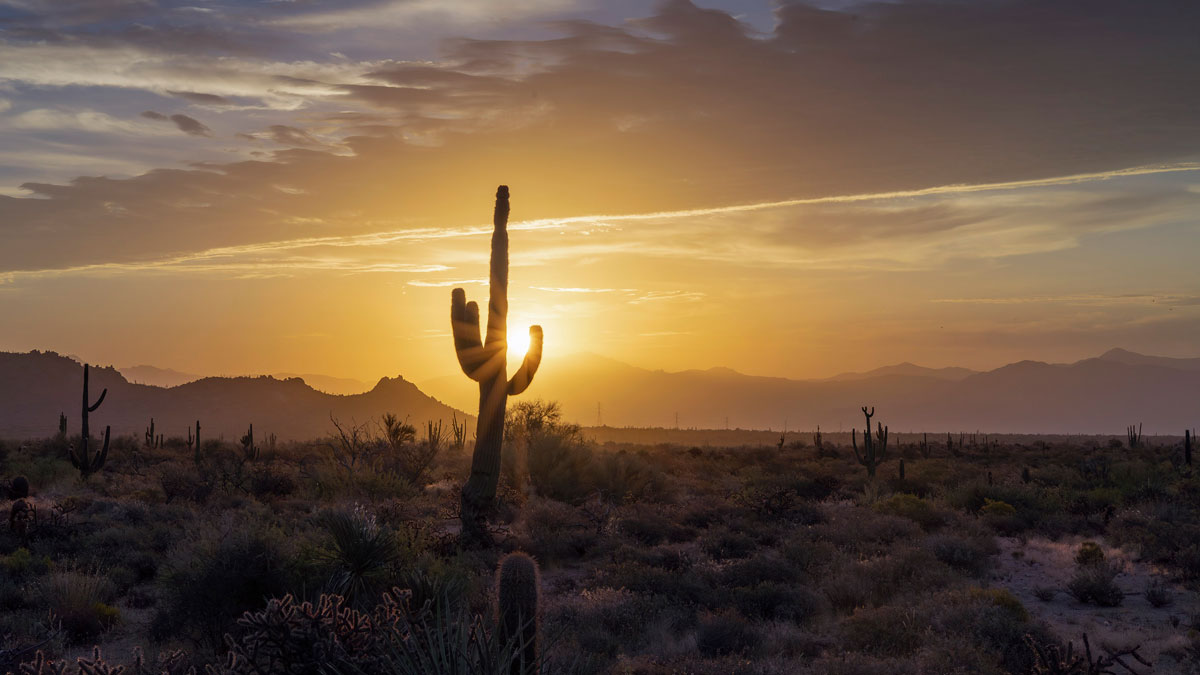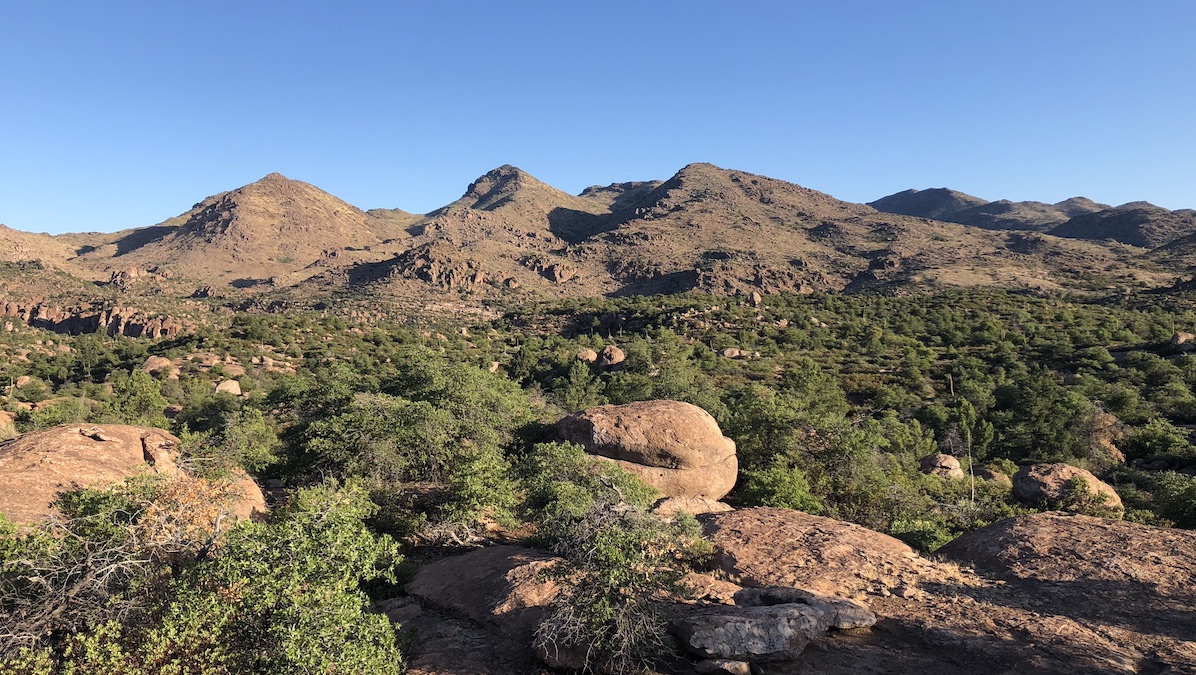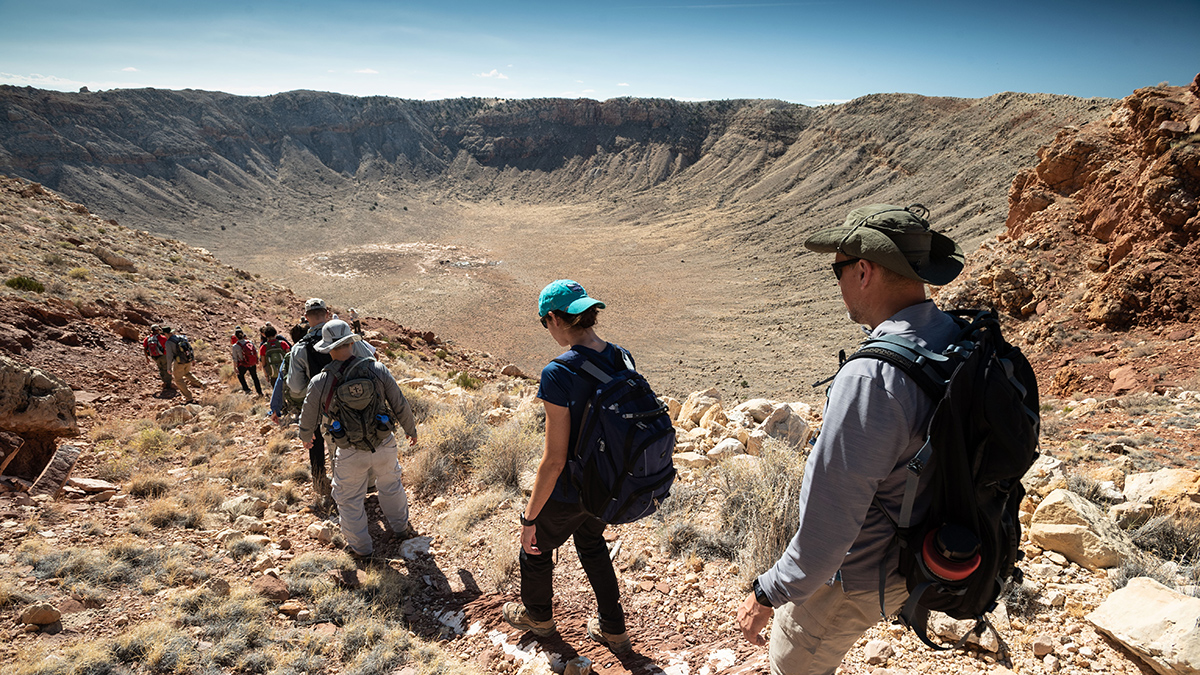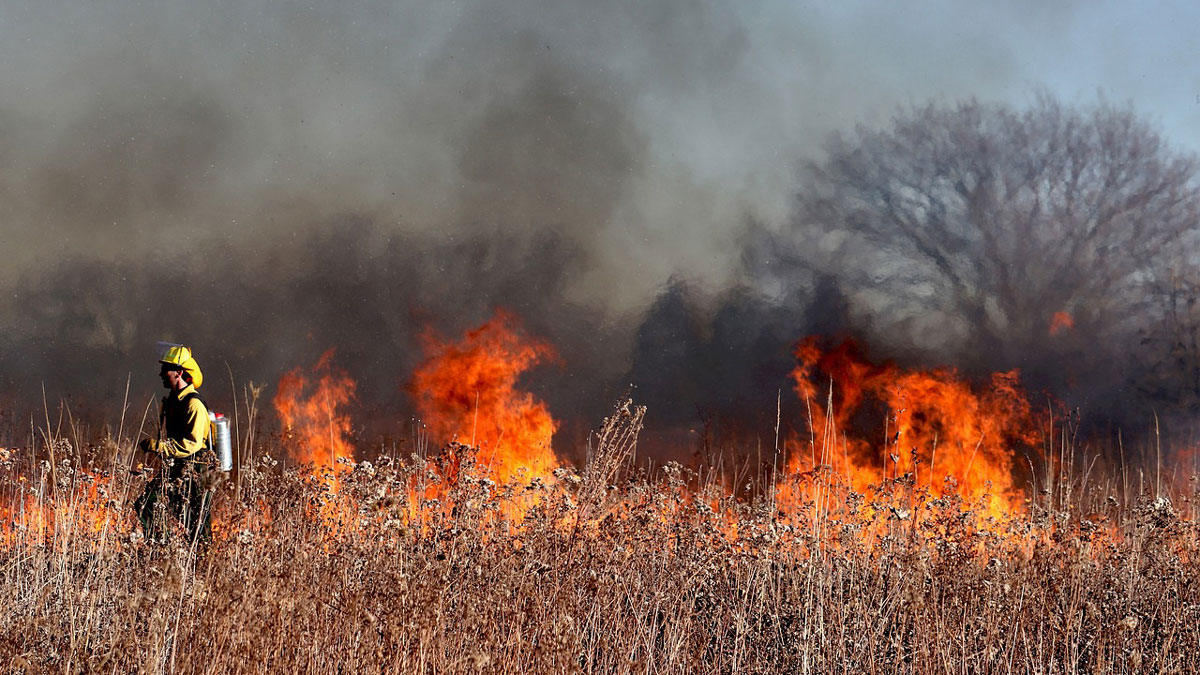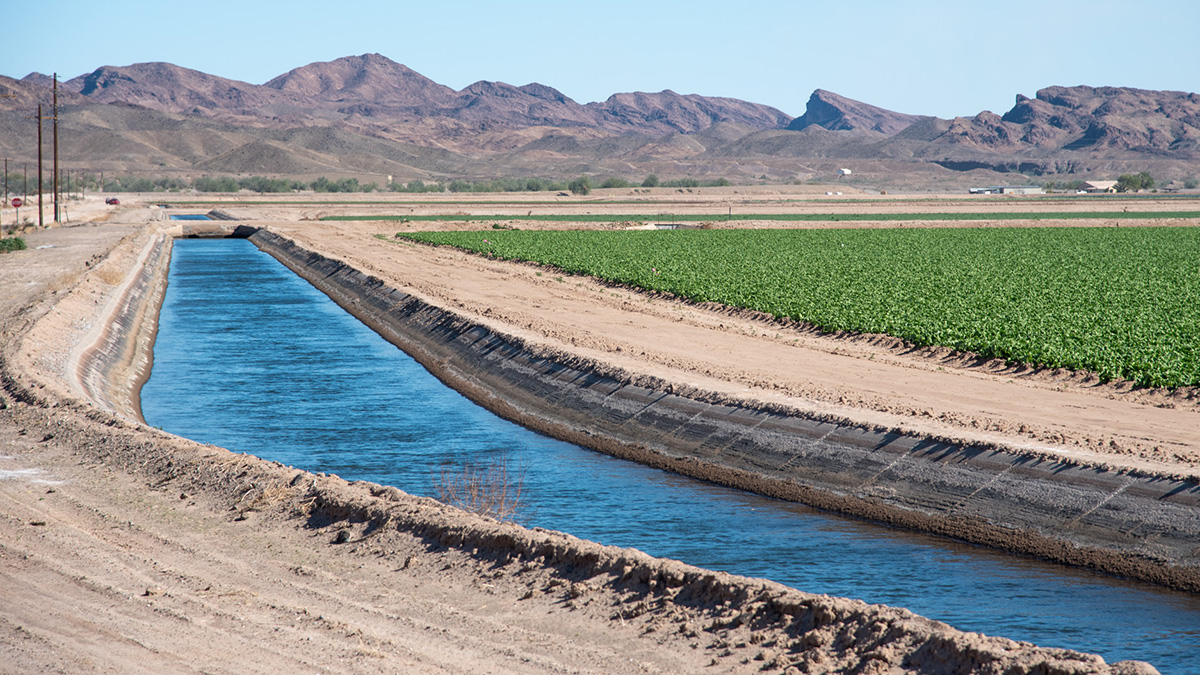There’s remarkable synchronicity between the timing of a paleolake in what is today Grand Canyon National Park and the formation of nearby Barringer Meteorite Crater.
Arizona
Extreme Heat in U.S. Cities Revealed at High Resolution
Data from personal weather stations power a novel way to detect urban heat islands.
Supreme Court Rejects Tribal Appeal to Halt Planned Copper Mine
On 27 May, the United States Supreme Court declined to hear arguments from a group of Apache leaders challenging a copper mine that would damage land that tribe members consider sacred, according to the Los Angeles Times.
Helping the Most Vulnerable Stay Cool in Extreme Heat
Choosing the ideal location for air-conditioned cooling centers in cities facing dangerously high temperatures takes good population data and community engagement.
Here’s Why Resolution Copper Wants to Mine Oak Flat
Southeastern Arizona’s “Copper Triangle” is a hot spot for high-grade deposits, thanks to ancient magmatic activity.
The Art of Doing Fieldwork on the Moon
How early-career planetary scientists are preparing to support the astronauts who will return to the lunar surface and beyond.
Ignored Paths of Uranium Exposure Illuminated by Havasupai Tribe
An agency-tribal partnership is identifying exposure risks previously not considered in mining risk assessments.
Climate Change Narrows the Window for Prescribed Fires
Longer, drier summers may mean fewer opportunities for firefighters to safely burn would-be wildfire fuel in the western United States.
Agriculture 3.0: Preparing for a Drier Future in the Colorado River Basin
Years of drought and climate change are causing water resources to dwindle in the Colorado River Basin. But farmers and scientists are collaborating to learn how to grow crops with less water.
Urban Water Conservation Success in the Colorado River Basin
In the past few decades, cities in Arizona, Colorado, and Nevada have vastly increased their water use efficiency. They’ve also learned lessons that can inform other cities’ efforts.

